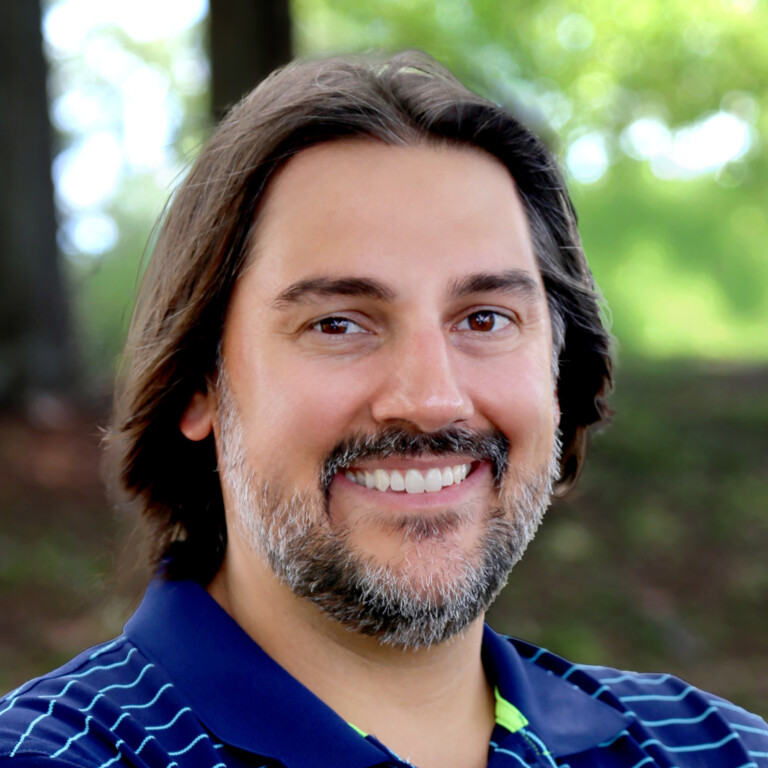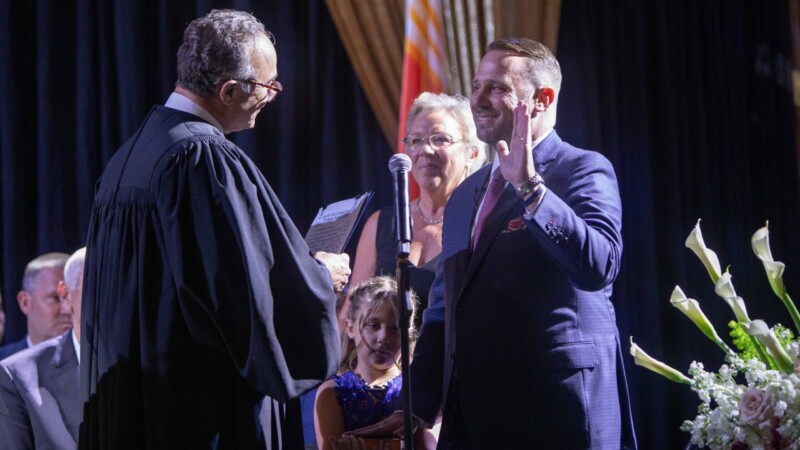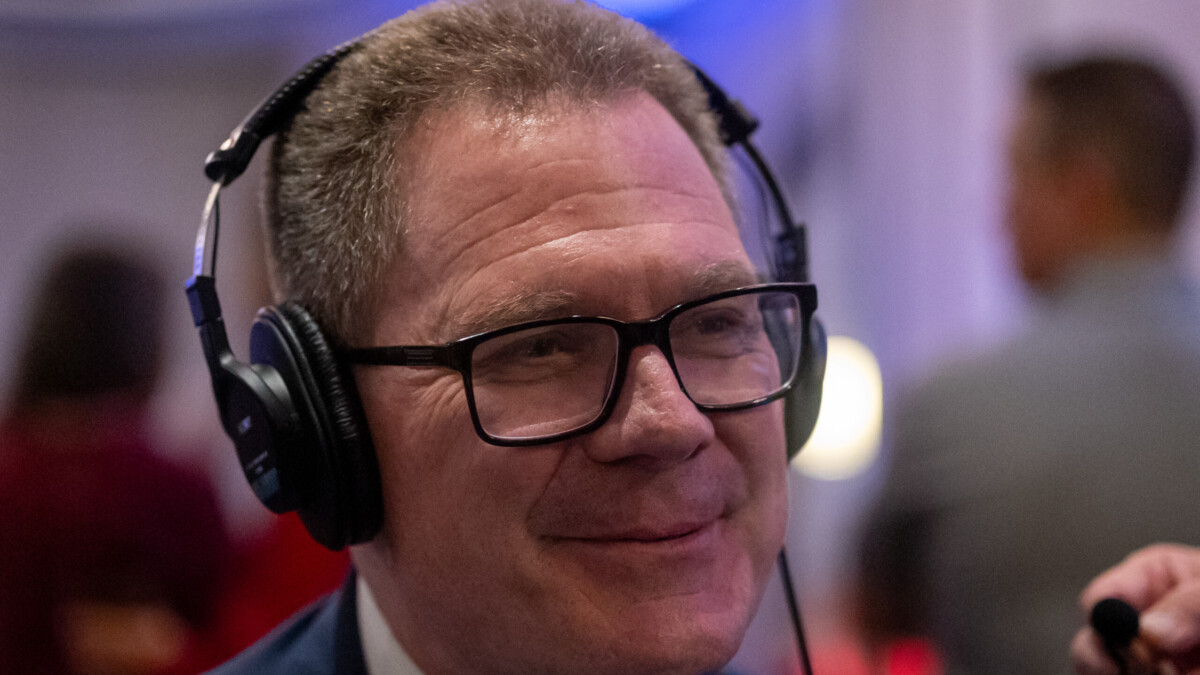Florida state legislators are ready for overtime in the 2025 session, and Sen. Tracie Davis — Democratic leader pro-tem and one of the party’s Senate Victory committee fundraisers — will have a balancing act.
Davis will return to Tallahassee on Monday to participate in negotiations and an eventual vote on a state budget while gearing up to hold previously scheduled fundraising events for Senate Democrats who have been losing ground to the majority Republicans for more than two decades.
The Jacksonville Democrat’s legislative agenda this year had a focus on women’s health care. Davis’ Senate Bill 1578 would require the Agency for Health Care Administration to provide Medicaid coverage for annual mammograms and supplemental breast cancer screenings starting at age 25. The bill unanimously cleared three committees before she put it on hold to work out details with advising medical professionals.
Davis spoke with Jacksonville Today on Monday about the session, the GOP’s budget framework that includes $2.8 billion in tax cuts, her feelings about future changes to the property tax code and efforts for charter school expansion.
Q: How do you persevere in the minority party when it’s difficult to get your priorities up for a vote? What is your mindset, and what is your what’s your strategy?
A: Just getting anything done in this arena is difficult being in the minority party. I tell young people when I’m talking to them that you have to be flexible in your journey. You just never know where your journey is going to take you and how you’re going to land.
I was an educator before I came here. I worked in the supervisory elections office after leaving the school system, and I had no idea that those two things would benefit me in the way that they’re benefiting me. And I tell you that story because I was in the elections office. I was conducting elections for half a million people here in Duval County, but I got to a point where people didn’t see me as Tracie the Democrat conducting their elections. People around elections began to see me as just Tracie that conducted their elections, and that benefited me when I went to the Florida House as a representative, and how I maneuvered around to just realize, ‘Hey, okay, I’m going to work with my Democratic colleagues every day, all day.
But at the same time, in order to benefit my community, I have to be able to work across the aisle. I have to be able to have relationships with my colleagues across the aisle, to be able to bring dollars and cents back to Jacksonville and to be able to get legislation heard, if that was my goal. So that became my mode of operation.
READ MORE: See Jacksonville Today’s Q&A with state Rep. Dean Black
Q: You talk about what it takes to work with your Republican colleagues. What does it take to flip seats in the Senate and start to regain traction?
A: It’s working toward a changing of the environment as a whole. That’s watching to see what happens on the federal level and how that makes it way down to our local counties and the state. It’s definitely going to take a lot of money to do that, as we saw in the (Democrat) Darrell Parks versus (Republican) Corey Simon (District 3) race. That was at a very expensive race, and it was one that we walked away from not winning.
But I do want to make sure that people are aware that we’re looking at the numbers and we’re looking at these places just like they are. And if it’s something that seems like it’s viable for us to find a great candidate to put in that race and support that candidate through that race, we’re going to do that. We’re going to raise the money to do that. You know, for Democrats, it’s always messaging for us and that has always plagued us in a negative way, and we’re going to get better than that. The first thing we have to do is be honest with ourselves to know where our faults lie. And for the last couple of years, we just haven’t had the messages that have connected with our base, and we’ve got to get back to that.
Q: There was a budget framework agreed to between House and Senate Republicans on Friday before session recessed. There’s still a lot of negotiating left to do. What’s your prediction on how the gulf will be closed, and what’s that going to mean for your constituents?
A: This is a first (for me) going into a concurrent resolution to extend the session weeks out. Whether a framework means we can see a middle ground, or whether a framework means we have something that we are hopefully working toward to get to that middle ground, I just honestly do not know what that means. I’m hopeful that it means we’ve created a shell to ensure the two chambers have continued conversation to get us where we need to get to as far as tax relief and policy measures and some of these big negotiating items like the Rural Renaissance measure that we were talking about for several weeks. People, our residents, our constituents and the people of this state are depending on us. And to be in a session for 60 days and we still walk away with not a product and work to be done, I’m disappointed and I know the people of this state are disappointed too.
Q: Are you supportive of a tax cut measure of any certain number? Do you have reservations on how much the leadership in the Republican Party wants to cut revenue?
A: We’ve always done the sales tax relief and tax cuts. So I’m supportive of that, because we’ve come back. Over the last few years I’ve been there, we have come back with some really strong tax relief packages for the people of this state. I am supportive of that. The tax cut around the property tax issue, I’m very skeptical of. I’m not sure how that works. That needs to be studied more in an (Office of Program Policy Analysis and Government Accountability)-type study before we take that step.
Q: Is your concern for the municipalities and the local governments?
A: Absolutely. How will those services be taken care of? How will they be paid for? Is that a constitutional measure? Is that something voters should be voting on? I have a lot of questions about how we get there that haven’t been answered yet.
Q: Medicaid coverage for women, including presumptive eligibility for pregnant women and for mammogram coverage, was a focus for you this session. Why is that something you used your energy toward?
A: Ensuring that women are taking care of themselves — women are on the forefront of all of our conversations, girls developing into young women, pregnant women and our babies. Just being a mom, and a woman, that has just become, over the last couple of years, something I focused on. I do locally a community baby shower, just because I’ve been involved since I’ve been elected with Northeast Florida Healthy Start, and that’s where the community baby shower came from. Walking into that facility for the first time in 2017 and realizing all of the services that they provided that I as a woman living here in the community did not know about — the services they provide for women, the services they provide for pregnant women, the services they provide after the baby is here, the services they provided for dads and the family as a whole.
Duval County has a really high infant mortality rate. It’s come down in the last few years, but it’s still pretty high, and it’s a separation. Our white mothers go through different things than our Black mothers do. There are a lot of social determinants that affect Black moms and their maternal health. They stress a little bit over there in their home, environment, transportation, employment. All moms and all pregnant moms can suffer through that to a certain extent. It’s just that our Black and brown mothers suffer through that a little bit more, creating more of a higher infant mortality rate.
That’s where the presumptive care came from, which is ensuring that on the ground and in our doctors offices, we’re hearing a lot about how the temporary Medicaid coverage is not long enough for moms to get in to actually see the doctor under that temporary care. The 60 days that’s given, moms are missing appointments. Their paperwork is not being filled out in time, and so by the time they actually get to see the doctor, that temporary period has lapsed, and they’re not fully covered yet by Medicaid. We were trying to expand the eligibility time so that temporary time would cover them. That bill was written as a 10-year pilot to gather the data. I don’t like pilot programs. That bill didn’t go anywhere, but we started having conversations that have put it on the forefront of the Senate Health Committee to say, “Hey, this is something I’m going to work on from now on, but we’re not going to do it as a pilot.”
Q: What’s your take on the continued push to this session for further expansion of charter schools, and how do those traditional public schools considered low performing continue to get the resources to make sure that they’re competitive?
A: The theme was let’s expand charter schools, let’s expand the Hope Schools, let’s ensure that our traditional public can’t sell or lease or charge rent to charter schools, and they can’t sell or lease or rent their property. I know we’re trying to make it easier for charter schools, but you’re not allowing the traditional public schools to charge them rent. And then the charter schools were given in one bill the first right of refusal for any of this stuff. So it’s definitely in the vein of we are still trying to, in my mind, create this business model to take over from our traditional public schools, and that’s just where I stand.
Editor’s note: This Q&A has been edited and condensed for clarity.







